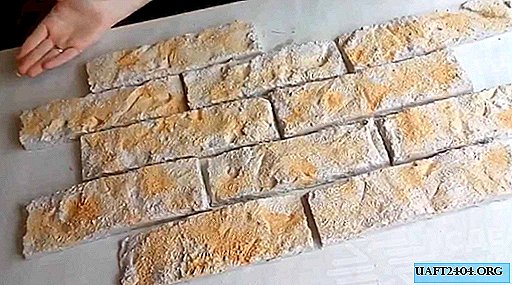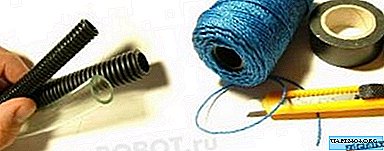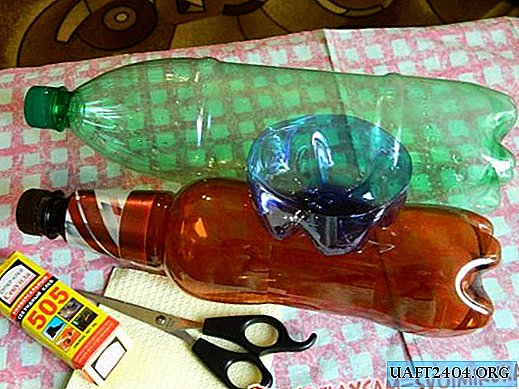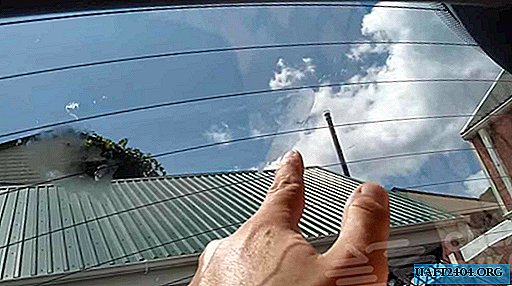Share
Pin
Tweet
Send
Share
Send
Tools and materials:
- water;
- lemon acid;
- pan;
- metal brush;
- dry rags.
How to remove rust quickly
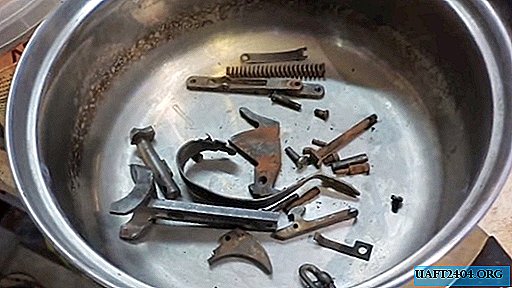
Rusty parts are lowered into the pan and filled with water. The liquid should cover them completely, but it should not be added too much so as not to overuse the acid. The pan is set on fire and brought to a boil.

After boiling, citric acid is poured into the bath. It will take about 2-3 tbsp. spoons per 1 liter Excessive acid can harm delicate threaded workpieces.
In boiling water, the acid dissolves even without stirring. The solution with rusty parts is left on fire for 5 minutes.

If the surfaces are heavily corroded, you will have to wait more. The solution will immediately begin to dissolve the rust, so it becomes cloudy. In this case, the details are covered with a black oxide film, which is not scary. It is necessary to boil in acid until a deep rusty scale descends.

Immediately after boiling, parts can be removed from the solution. If there is a small thread on them, then it is better not to overdo it, leaving them in the acid until it cools.
Instead of rust, a weak oxide film will appear on the extracted parts. It must be removed using a metal brush. All surfaces should be completely cleaned to a matte sheen. Black coating immediately after removal from the solution comes off easily. If you leave the parts for a long time, then it will become more difficult to clean.


Every cleaned part must be wiped dry so that the rust does not return. Ideally, paint or burnish it.

Removing rust in a boiling solution is many times faster than settling in cold acid. Citric acid does not smell like vinegar, so work can be done in the kitchen. After processing the surface will be covered with potholes. It has nothing to do with acid, it just exposes the whole metal. Potholes come from the deep penetration of rust. However, if the acid concentration is too high or the parts are kept in it for too long, corrosion of the living metal may begin. To avoid this, you need to adhere to the recommendations.
Share
Pin
Tweet
Send
Share
Send


